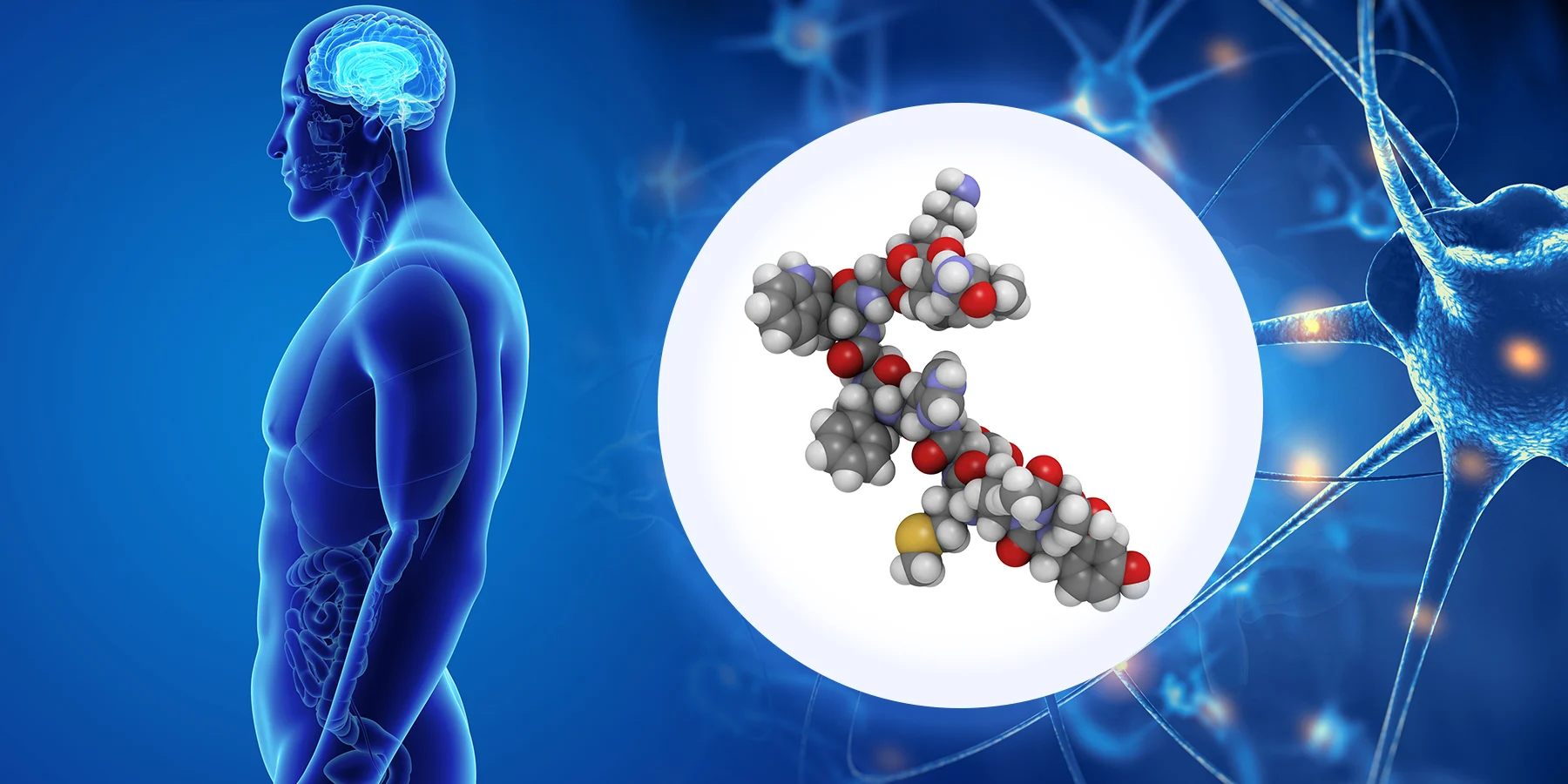Cortisol
-
- Made by: Adrenal glands (on top of your kidneys).
- Function: Manages stress, controls blood sugar levels, reduces inflammation, and assists with metabolism.
- Effect of Stress/Poor Nutrition: Increased cortisol from chronic stress can lead to weight gain, high blood pressure, trouble sleeping, and a weakened immune system.
- Conditions: Chronic high cortisol can cause Cushing’s syndrome, insomnia, and chronic fatigue.
Insulin
-
- Made by: Pancreas.
- Function: Regulates blood sugar levels by facilitating the uptake of glucose into cells.
- Effect of Stress/Poor Nutrition: Poor diet and high stress can lead to insulin resistance, high blood sugar levels, and eventually type 2 diabetes.
- Conditions: Insulin resistance, metabolic syndrome, and type 2 diabetes.
Estrogen
-
- Made by: Ovaries (in women).
- Function: Regulates the reproductive system, bone health, and influences mood and skin health.
- Effect of Stress/Poor Nutrition: Hormonal imbalances from poor nutrition can lead to irregular periods, mood swings, and increased risk of osteoporosis.
- Conditions: Estrogen dominance or deficiency, osteoporosis, and cardiovascular disease.
Progesterone
-
- Made by: Ovaries (in women).
- Function: Regulates the menstrual cycle and supports pregnancy.
- Effect of Stress/Poor Nutrition: Low levels can cause menstrual irregularities, mood swings, and sleep disturbances.
- Conditions: Premenstrual syndrome (PMS), fertility issues, and mood disorders.
Testosterone
-
- Made by: Testes (in men) and ovaries (in women).
- Function: Important for muscle mass, bone density, and overall vitality.
- Effect of Stress/Poor Nutrition: Imbalances can lead to reduced muscle mass, fatigue, and mood swings.
- Conditions: Low testosterone levels, muscle loss, and mood disorders.
Thyroid Hormones (T3 and T4)
-
- Made by: Thyroid gland (in your neck).
- Function: Regulate metabolism, energy levels, and overall growth and development.
- Effect of Stress/Poor Nutrition: Disrupted thyroid function can affect metabolism, leading to weight gain or loss, fatigue, and depression.
- Conditions: Hypothyroidism, hyperthyroidism, and thyroiditis.
Adrenaline
-
- Made by: Adrenal glands (on top of the kidneys).
- Function: Increases heart rate and energy in response to stress.
- Effect of Stress/Poor Nutrition: Constant high levels can cause high blood pressure, anxiety, and heart problems.
- Conditions: Hypertension, anxiety disorders, and cardiovascular disease.
Melatonin
-
- Made by: Pineal gland (in the brain).
- Function: Regulates sleep-wake cycles.
- Effect of Stress/Poor Nutrition: Poor diet and high stress can disrupt sleep patterns.
- Conditions: Insomnia and sleep disorders.
Growth Hormone
-
- Made by: Pituitary gland (in the brain).
- Function: Stimulates growth, cell repair, and metabolism.
- Effect of Stress/Poor Nutrition: Low levels can impair growth, muscle strength, and healing.
- Conditions: Growth hormone deficiency, muscle weakness, and poor recovery from injuries.
Prolactin
-
- Made by: Pituitary gland (in the brain).
- Function: Stimulates milk production in breastfeeding women.
- Effect of Stress/Poor Nutrition: High stress can increase prolactin levels, affecting reproductive health.
- Conditions: Hyperprolactinemia, menstrual irregularities, and infertility.
Oxytocin
-
- Made by: Hypothalamus (in the brain).
- Function: Promotes bonding and social behavior.
- Effect of Stress/Poor Nutrition: High stress can reduce oxytocin levels, affecting social interactions and bonding.
- Conditions: Social anxiety, depression, and relationship issues.
Impact of Stress and Poor Nutrition on Organs
Brain: Stress and poor nutrition can impair cognitive function, cause mood disorders, and disrupt sleep.
Heart: Increased risk of hypertension, heart disease, and stroke.
Bones: Risk of osteoporosis and weakened bones due to nutrient deficiencies.
Digestive System: Poor digestion, nutrient malabsorption, and increased risk of gastrointestinal disorders.
Importance of Seeing a Qualified Dietitian
A qualified dietitian can help you:
Develop a Balanced Diet: Tailored to support hormone health and overall well-being.
Manage Stress: Through proper nutrition and lifestyle changes.
Address Specific Health Concerns: With evidence-based advice and personalized plans.
Improve Overall Health: Enhancing energy levels and quality of life.
By consulting a dietitian, you can maintain hormonal balance, manage stress, and achieve a more energized and healthier life.




Good https://is.gd/tpjNyL